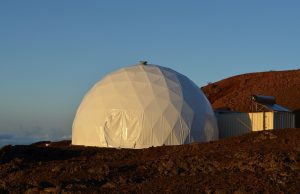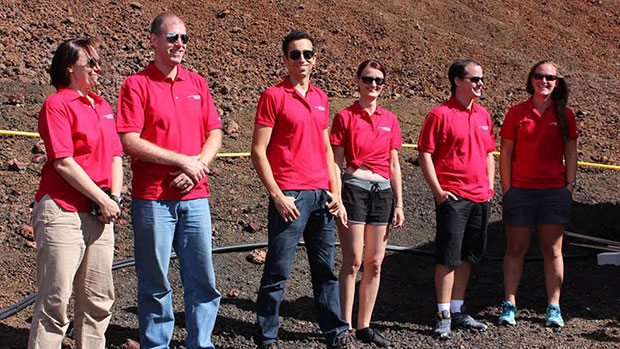Imagine living with five other people alone in a dome for an entire year. This is a reality for six crew members of the Hawaiʻi Space Exploration Analog and Simulation (HI-SEAS) mission. Last week, the six members entered a solar-powered dome on Mauna Loa in Hawaii where they will live in isolation for one year in order to simulate a long space travel mission.

“We need to understand how to pick crews and how to support crews while they’re on the mission in order for us to get to Mars and back safely,” said Kim Binsted, HI-SEAS Principal Investigator.
Previously there were shorter simulated missions conducted, but the longer each mission is, the more knowledgeable the researchers can become about risks of long-term space travel.
“We hope that this upcoming mission will build on our current understanding of the social and psychological factors involved in long duration space exploration and give NASA solid data on how best to select and support a flight crew that will work cohesively as a team while in space,” said Binsted.
NASA is funding the mission and will build on previous mission’s data collection.


